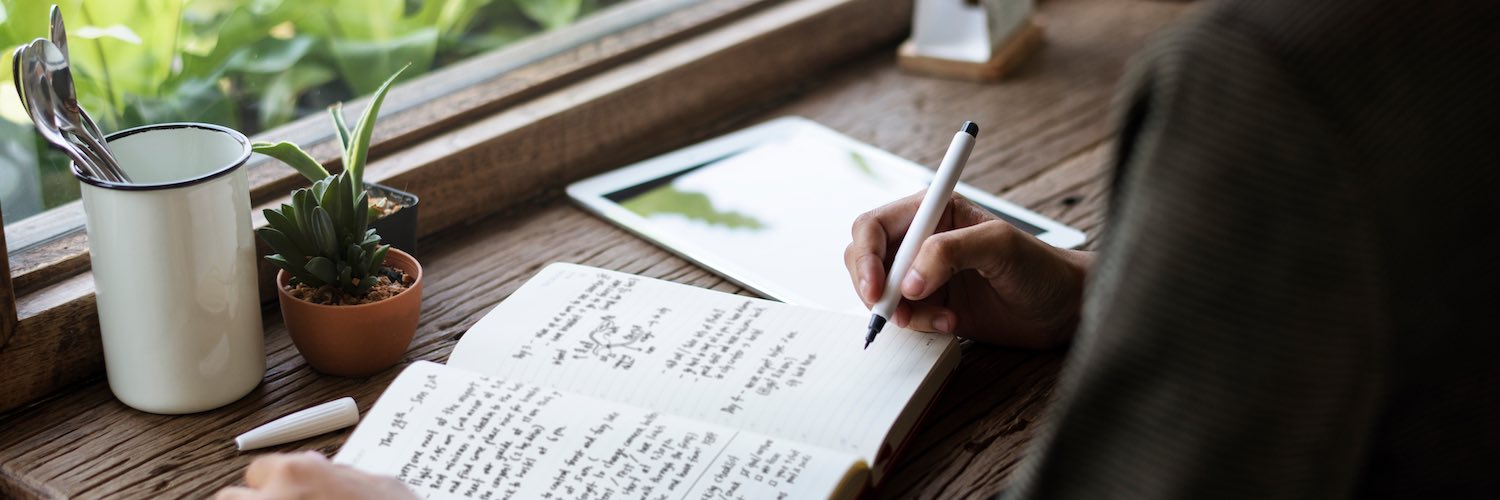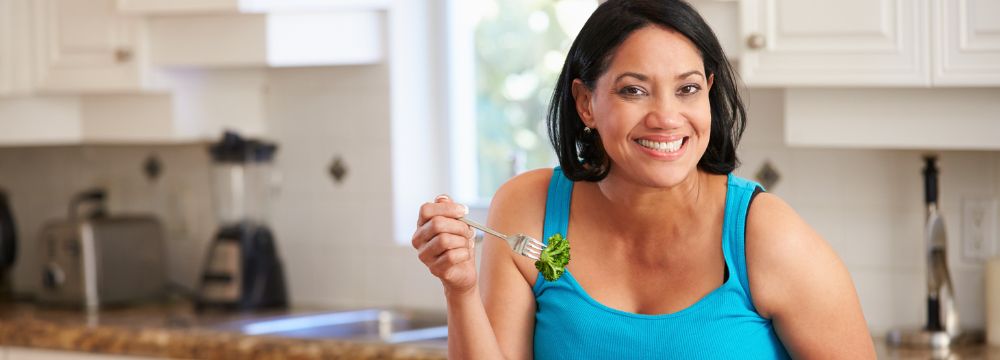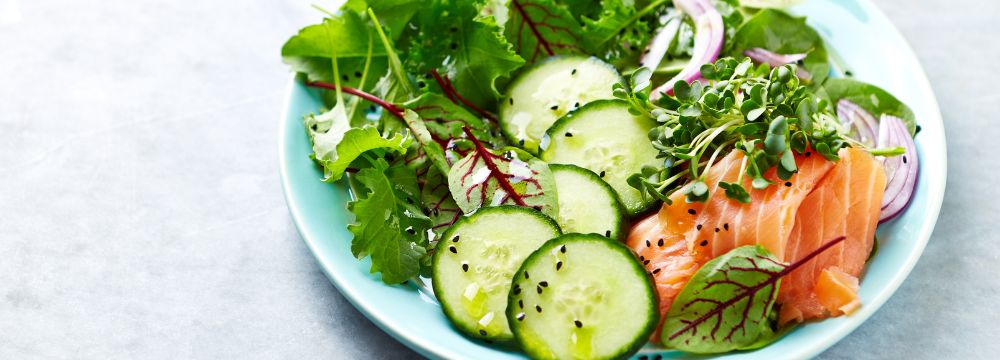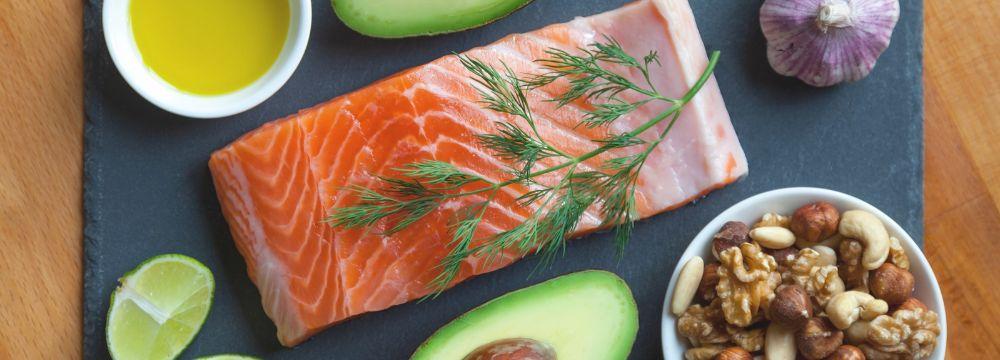Getting started
It’s easy to feel stressed, alone, or depressed during this time of the coronavirus. Things are uncertain, we‘re isolated from friends and family, and we aren’t able to engage in our normal activities.
Many of us feel a loss of control in our lives, which isn’t surprising, because so much of this situation is out of our control. But some things are still within our control. We may not be able to control the situation, but we can still control our response to the situation. If you feel like you‘re losing control, here are a few strategies to help you get back on track:
- Prepare balanced meals – You may have to be flexible depending on what‘s available, but aim to eat a well-rounded meal with some protein, produce, healthy fats, and healthier carbohydrates (whole grains, beans, fruits, and starchy vegetables).
- Make meals and food last longer – Use your fresh produce, meats, and dairy before breaking into frozen foods. And try to use smaller plates and containers to help with portion control. You can also add beans or nuts and seeds to dishes to make the meals more substantive and filling, which will allow you to use smaller portions of meat, poultry, and fish.
- Plan for some meals to be take-out – You may not feel like cooking or preparing a dish for every single meal so plan for some meals to be take-out from local restaurants. These places need our support right now and it will give you a well-deserved break.
- Move your body daily – As part of your daily routine, plan to engage in some form of exercise or physical activity. This is beneficial for both your physical health and your mental health. Whether you take a walk or run, go for a bike ride with the family, or do a home exercise video, engaging your body in healthy activity can help you feel more calm and in control.
- Don’t watch the news all day – The constant bombardment of information can trigger recurring stress responses in your body, which can lead to fear, depression, and other unhealthy responses. Checking the news once or twice a day, instead of every hour, should be more than enough to keep you up-to-date and informed.
- Don’t beat yourself up if you stress eat – Most of us have never experienced a situation like this. It’s hard to know what to do with all the excess energy you’re getting from the stress you feel. So if you occasionally need some simple, refined carbs to cope, that’s okay. Feeling guilt about eating these foods won’t help the situation and it can start a cycle of constantly generating negative emotions, which can lead to a depressed state.
- Find ways to relax and de-stress – At the same time, if you can stop and pay attention to your feelings, then you can avoid immediately grabbing a bag of chips or something sweet. Instead, see if there are other ways to relax and de-stress. Some options include meditation or yoga, curling up under a comfy blanket and reading a book or watching a movie, or talking with a friend or family member. If you’re looking for fun family activities, you can work on a puzzle together, play a board game, or do some arts and crafts or coloring. It’s helpful to think about these options ahead of time and make a list of possibilities so you‘re not trying to brainstorm when you‘re already feeling stressed.
- Don’t take part in panic buying – It can be tempting to respond to empty shelves in grocery stores by buying as much as you can of whatever items you find. But that only makes the problem worse. Feel free to buy a few additional items, but resist the urge to panic buy. If a store doesn’t have what you need, try some other stores close by or go back the next day. By that point, the store will probably have restocked what you‘re looking for.
- Be grateful – During times of stress or fear, it’s easy to forget about all of the good things in our lives and in the world. Take time each day to think about what you‘re grateful for. Recognize the goodness you’re experiencing even in the midst of uncertainty. Gratitude can help you break out of constantly worrying about the future or regretting the past, both of which are out of your control. Being grateful can also make you more present and help you feel more at peace.
Whatever strategies you choose, try to develop a simple daily routine that includes some of these ideas. Even though you can’t control this situation, it’s possible to control your responses to the situation, your daily habits, and your overall perspective. Doing so will bring you a sense of peace and comfort, even during this time of uncertainty.
Written by Jenny Hamm, MS, RDN, LD/N, bariatric navigator at Memorial Bariatric Surgery, an MBSAQIP accredited weight loss surgery program. Jenny is a registered dietician and licensed nutritionist. She works with patients throughout their weight loss surgery journey, assisting with preparation for surgery and offering important support long after surgery has been performed.
Related Articles
See more Articles










